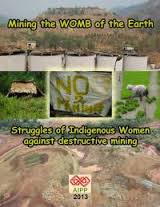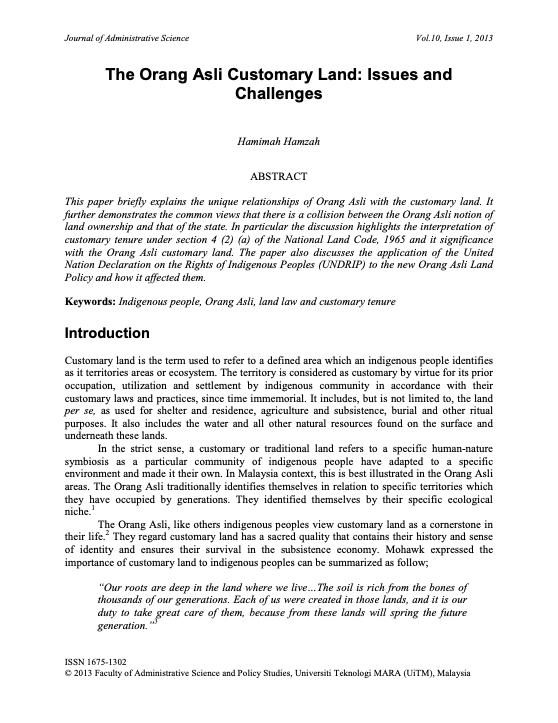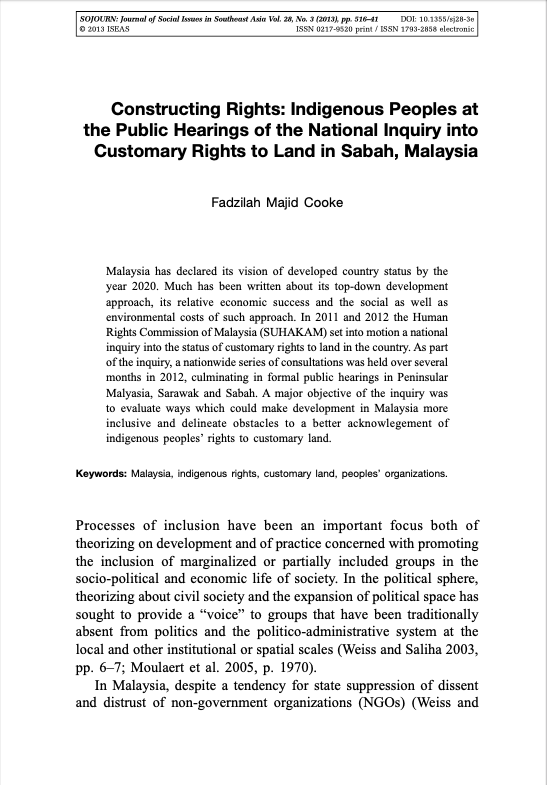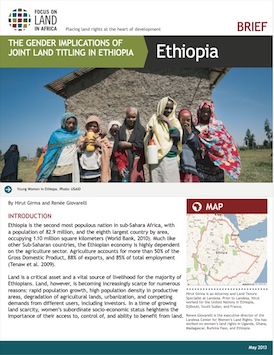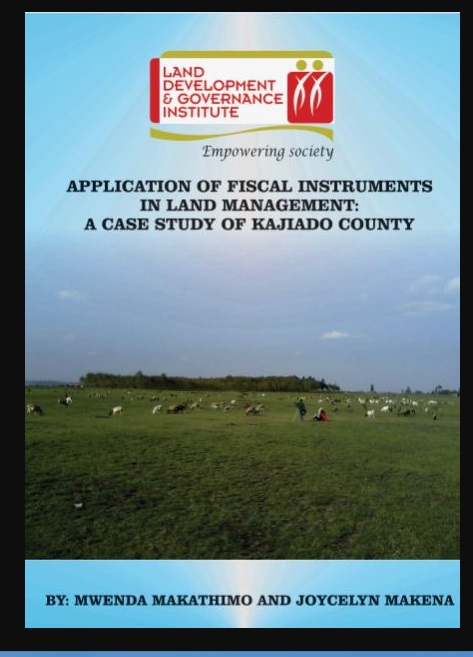Mining the Womb of the Earth: Struggles of Indigenous Women against destructive mining
This publication is part of the Indigenous Peoples Human Rights Defenders Network (IPHRD Net) efforts to inform actors and stakeholders of the efforts of indigenous women and their communities to address violations of their rights, particularly their collective rights as indigenous peoples. The IPHRD Net is supported by the European Instrument for Democracy and Human Rights (EIDHR).

